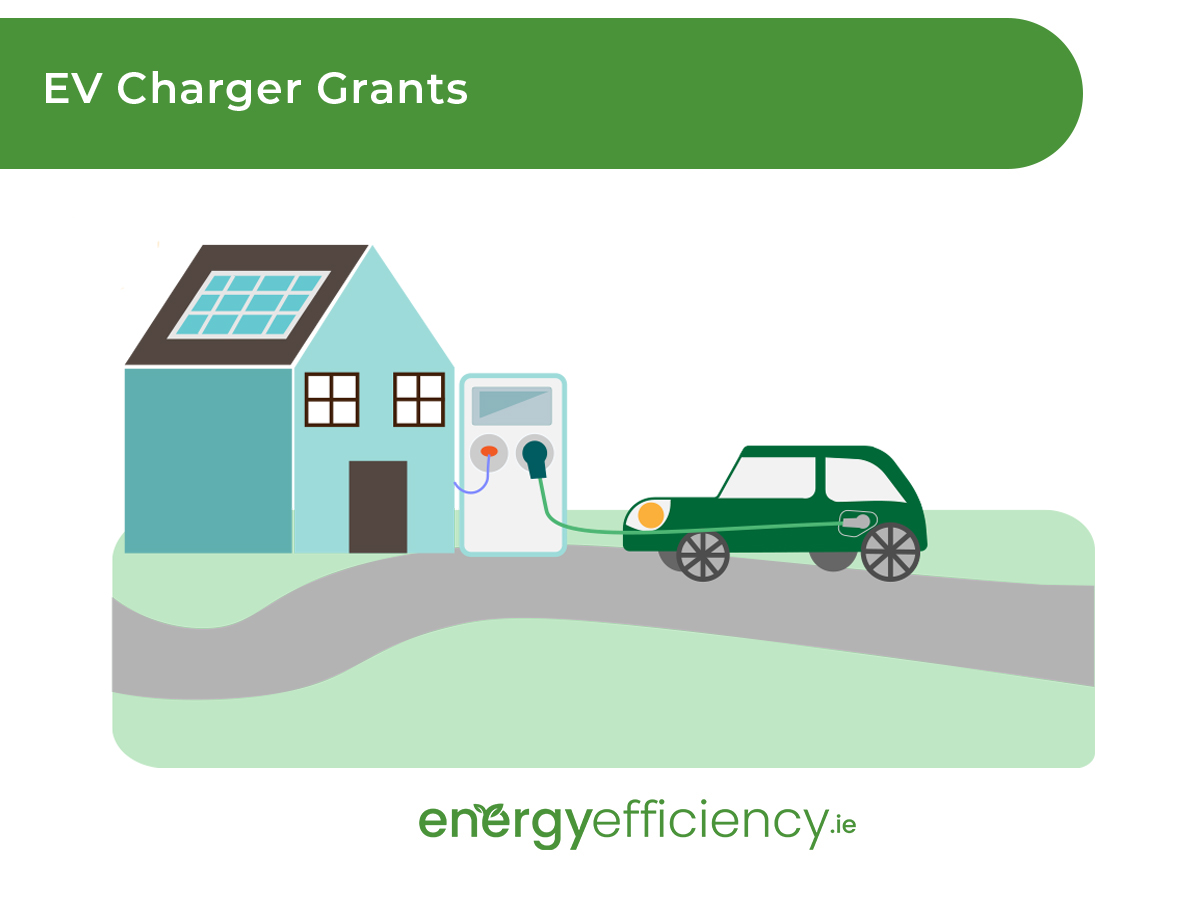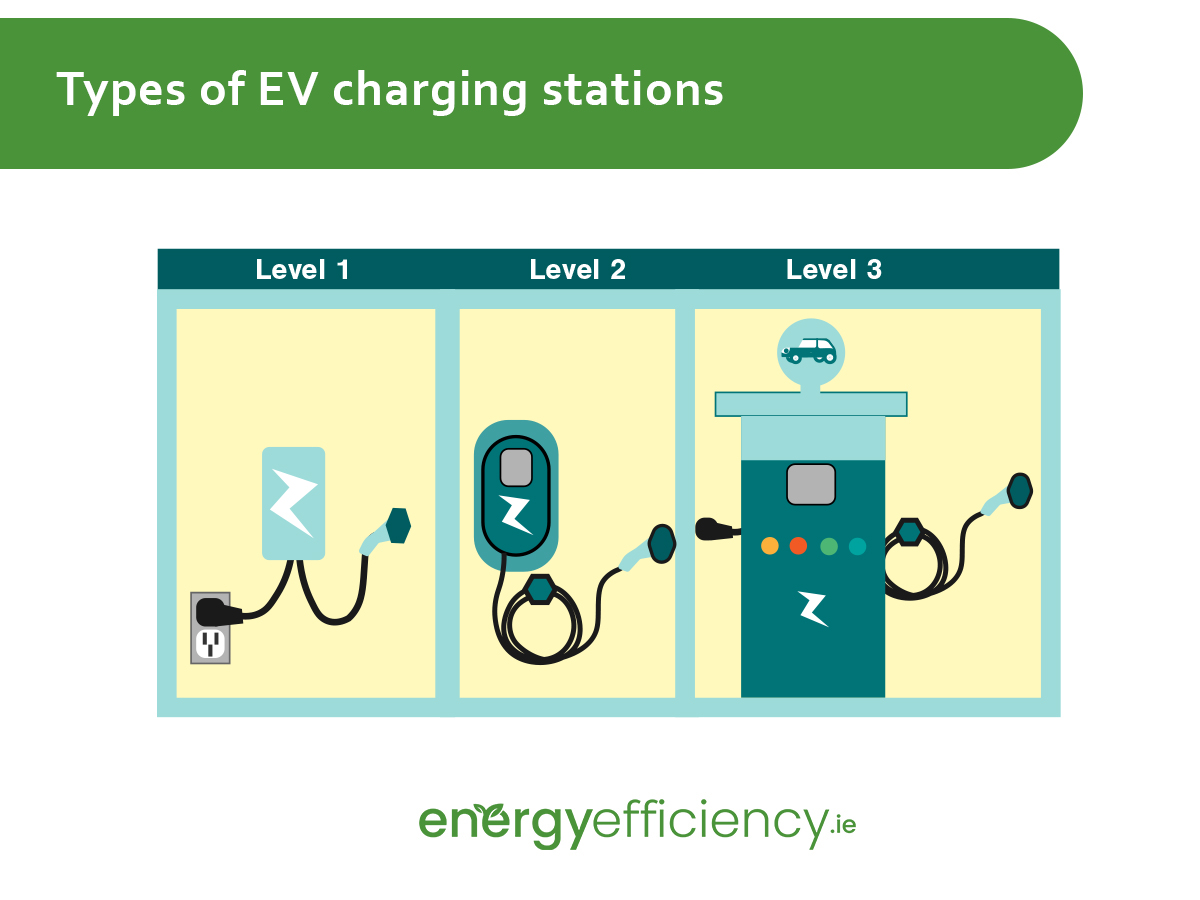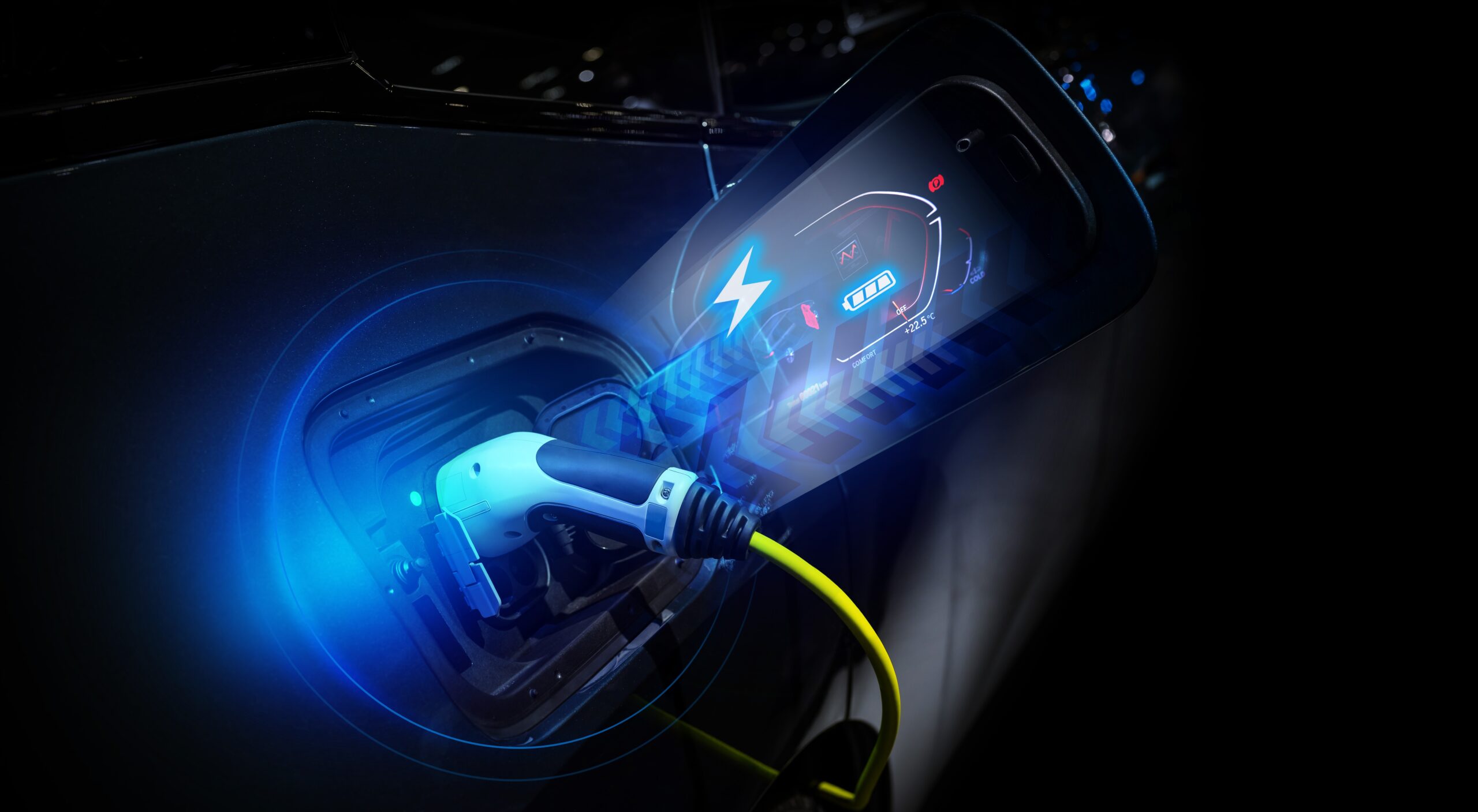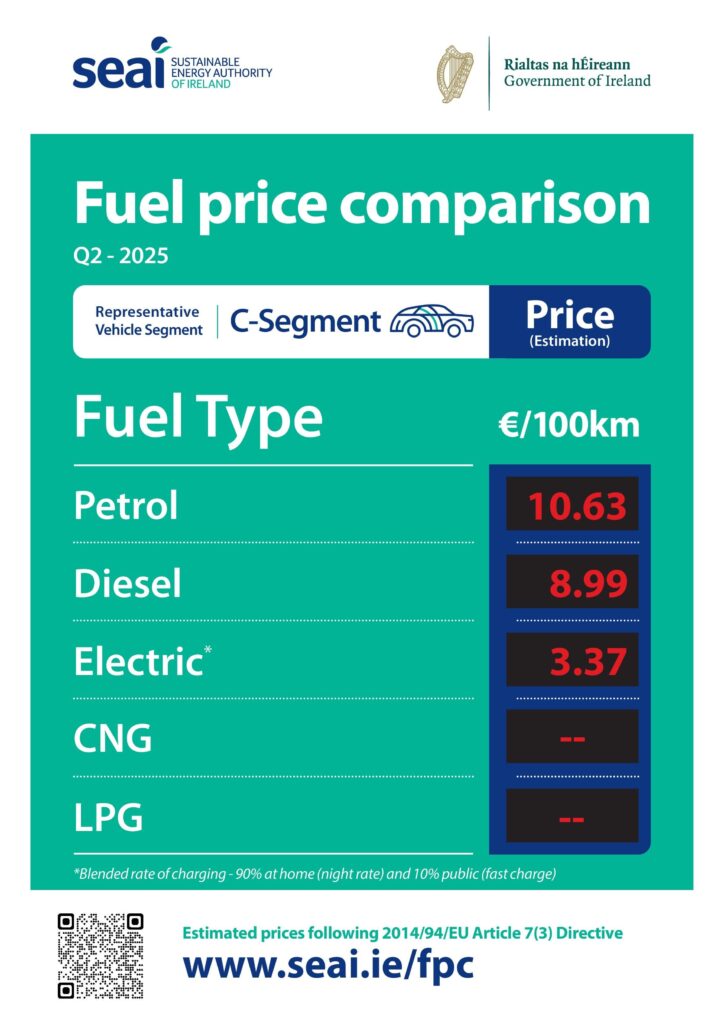The number of electric vehicles (EVs) in Ireland has risen rapidly over the past decade, and the trend is set to continue.
The rise is down to the decreasing costs of electric cars, more EV models on the Irish market, and a growing sense of environmental responsibility.
In general, the vast majority of charging is done at home, and most electric car owners will decide to have an EV charger installed.
This page will cover everything you should know about home EV chargers – so let’s dive right into it!
Table of Content
The key takeaways:
Best Home EV Chargers
Myenergi Zappi
The Zappi by Myenergi is a dynamic and popular EV charger with a range of operating modes, highly sought after for homeowners with solar panels.
Ohme Home Pro
The Ohme Home Pro is a compact and easy to use EV charger for homeowners at an affordable price. The LCD screen & app makes it simple for all users to set controls for their charger.
Wallbox Pulsar Plus
From Wallbox’s Pulsar range of EV chargers, the Pulsar Plus is the result of a decade of growth and improvements by Wallbox to create a small but powerful tool for electric vehicle owners.
Grants for EV Chargers
In 2025, an EV charger grant of up to €300 is offered by the Sustainable Energy Authority of Ireland (SEAI) towards installation costs and the home EV charger itself.
The grant is open to everyone – even those who don’t own an electric car, as long as they meet the requirements. The Home Charger Grant is also available for designated parking at apartment complexes with a network in place.

Benefits of Home EV Charging
Save Money on Charging
Charging at home is cheaper than public charging or petrol/diesel fuel
Autonomy & Convenience
Charge when you like and don’t worry about needing to find a public charger
Reduced Emissions
An electric car is better for the environment than any petrol or diesel car
Charge with Solar Panels
Home EV chargers can work with solar panels for even cheaper charging
How much EV home chargers cost in Ireland
The cost of an EV charger and installation will vary depending on the power output of the charger, and the quote you receive. With the €300 SEAI grant, it could cost between €700 and €1,300 to install an EV home charger in Ireland.
Factors which affect the cost of an electric car charger include:
The Different Types of Electric Car Chargers

How Home EV Chargers Work
A home EV charger is a simple concept, it acts as a conduit between the power grid in your home and the battery of an electric vehicle. All chargers, where Level 1 plug-in or Level 2 full charger models, work basically the same way.

Saving Money with Home EV Charging
If you have an EV then doing most of your electric car charging at home can save huge amounts of money compared with an ICE vehicle.
In Q1 2025 the SEAI estimates that driving an EV using mostly home charging is less than half the cost of driving a diesel car, and a third of the price of a petrol car.
This is based on motorists doing 90% of their charging at home, and 10% using public chargers.
The best way to get a good deal on home EV charging is to make sure you have an electricity plan with an EV tariff which has extremely cheap rates in the early hours of the morning.

How long does it take to charge an electric car at home?
If you have a Level 2 charging point installed, the time it will take to charge your vehicle will depend on the power output of your charging point and the battery size of your vehicle. Because of the different factors involved, the charging times can vary.
To charge a medium-sized EV (65 kWh battery) from 20% to 80% with a Level 2 11kW charger, it would take around 4 hours.
| EV Charger Level | EV Charger power output | Small electric vehicle* | Medium EV | Large EV |
| Level 1 | 2.3 kW | 11 hours 35 mins | 18 hours 51 mins | 26 hours 5 mins |
| Level 2 | 7.4 kW | 3 hours 30 mins | 5 hours 50 mins | 8 hours 5 mins |
| Level 2 | 11 kW | 2 hours 25 mins | 3 hours 55 mins | 5 hours 30 mins |
| Level 2 | 22 kW | 1 hour 5 mins | 1 hour 45 mins | 2 hours 30 mins |
*The times in the table are approximations for charging from 20% to 80%. For the purposes of the illustration, small vehicles have a 40 kW battery, medium EVs have a 65 kW battery and large EVs have a 90 kW battery.
Installation Process
1. Apply for the SEAI Grant
Check if your home meets the requirements to be eligible for the €300 SEAI Home EV Charger Grant
2. Get a Quote from a Reliable Installer
Get a quote from a trusted and reliable EV charger installer, who will explain your options, the installation process, and costs
3. Choose An EV Charger
There are many electric car chargers available in Ireland. Select one that meets your needs in power output and other factors
4. Have the EV Charger Installed
The installation process for home EV chargers is usually simple and straightforward, taking no more than a few hours.
5. Checks are Completed
The The installer will check to ensure everything is working properly so that you can get charging straight away.










